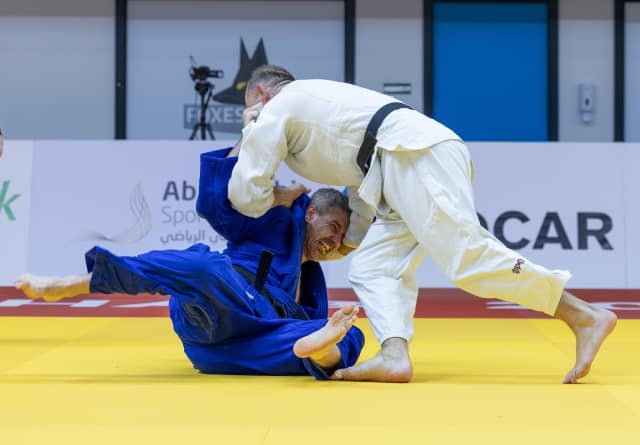If we study the history of judo, we realise that there have always been veterans and moreover at its beginnings judo was mainly practised by adults, young and old, the practice of children only developing later under the influence of European countries, including Great Britain, France and Germany, to name just a few.
It was not until 1999 that the first international judo competition for veterans was established in Welland in Canada, when a Canadian association, the World Masters Association, on the initiative of Lis Roche and her son, organised the first world championships.
France hosted a first international tournament in 2004, in a place called Tours. The kingpins were Lionel Herin and Terry Watt, members of the World Masters Association. Also in Tours, in 2006, the Masters and Kata World Championships were held and finally from 2008, the veterans movement fully integrated with the International Judo Federation. The world championships (veterans and kata) of this new era were organised in Brussels the same year.
Little by little, in the wake of the IJF, judo for veterans developed on other continents. Every year now, national and international tournaments are organised around the world.
Today the veterans are divided in to several age categories
- M1/F1 30 – 34
- M2/F2 35 – 39
- M3/F3 40 – 44
- M4/F4 45 – 49
- M5/F5 50 – 54
- M6/F6 55 - 59
- M7/F7 60 - 64
- M8/F8 65 - 69
- M9/F9 70 and +
The weight categories are the same as for the senior competitions.
It has long been proven that regular exercise is necessary for a good quality of life. The practice of judo can therefore only be beneficial for this age group. It helps maintain the cardiovascular system, joint flexibility, muscle mass and weight control. Practising in clubs and veterans groups also allows judoka to maintain relationships and have social interaction, which is very important especially for older people. Overcoming loneliness that can set in after stopping a professional activity, for example, can be vital.
Veterans judo is above all a judo for leisure. Adults come to the club to find or rediscover conviviality, friendship and the desire to practise a discipline in a safe and friendly environment. Technical work must therefore be an important part in order to meet demands and expectations. Kata, refereeing, sports commissioner training, etc., are all possibilities for profit-sharing. The veterans also come to judo to prove to themselves that they are capable of overcoming their apprehension of falling, for instance.
The benefits of veteran judo are numerous. During the 2023 World Championships in Abu Dhabi, we have seen a lot of emotions, will and power, joy and sadness, but ultimately we saw a lot of passion and friendship. This is why judo is the best choice for the young ones as it is for their elders.


